In Photos: The Emperor Penguin's Beautiful and Extreme Breeding Season
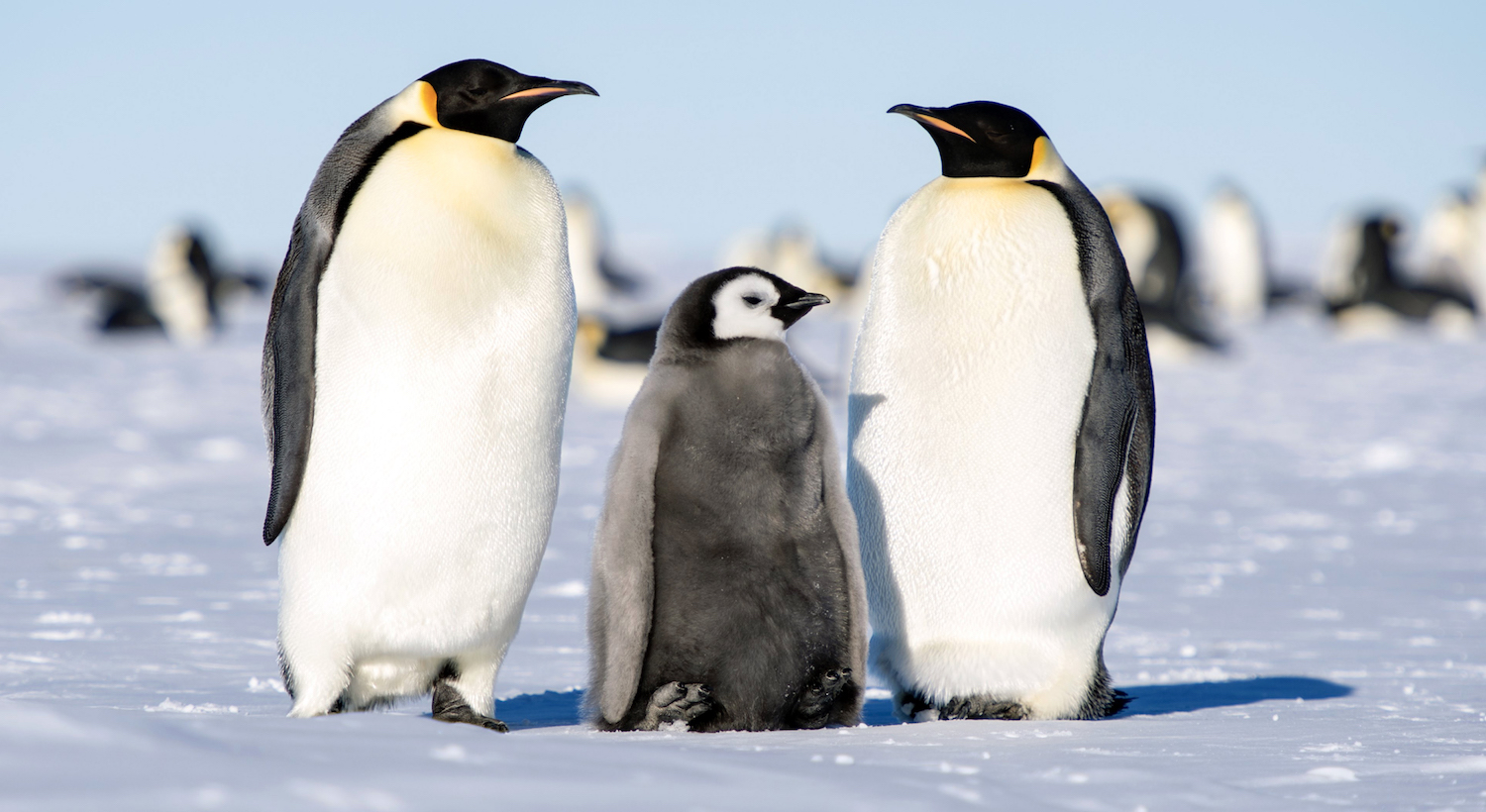
The ultimate parents
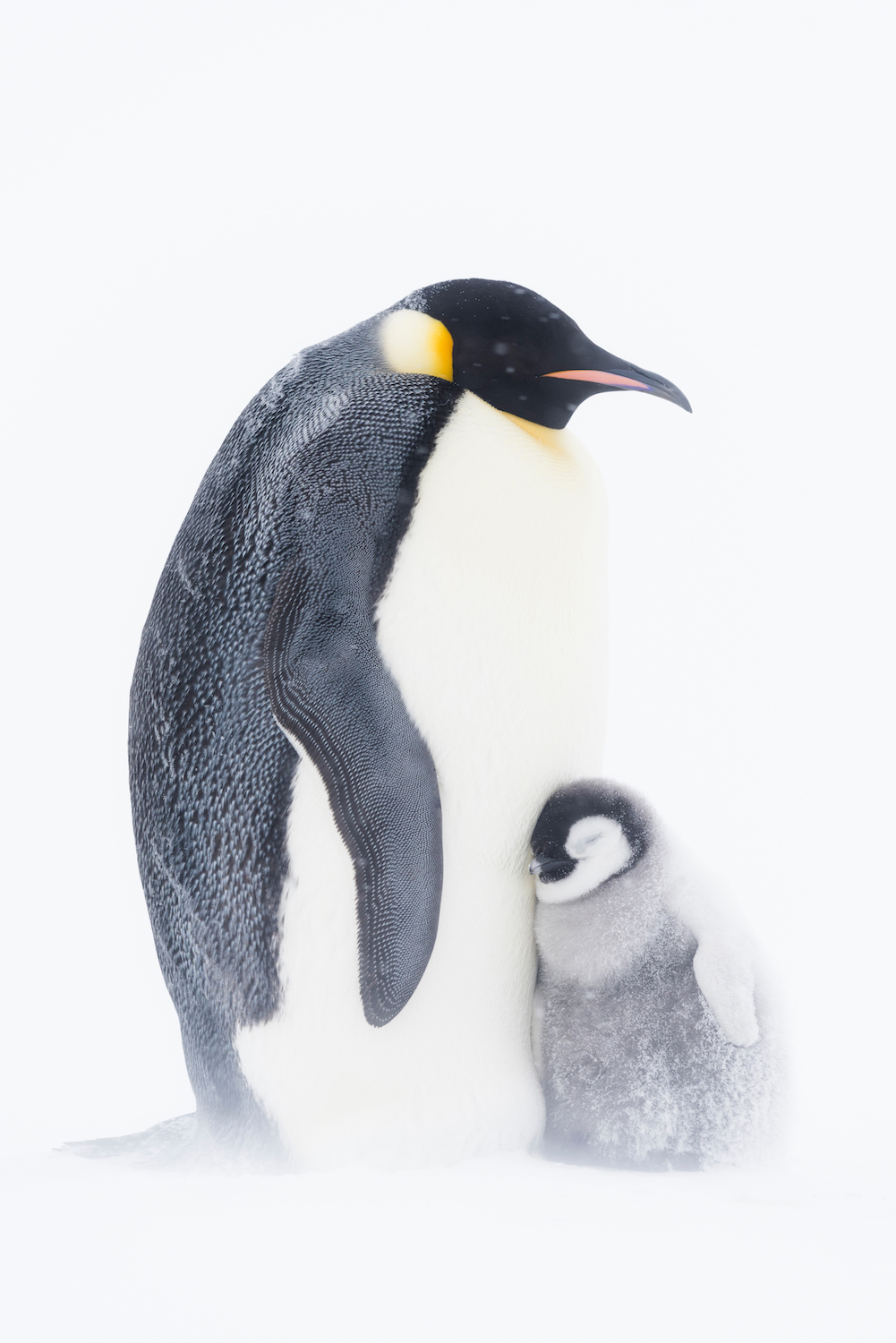
The fifth episode of BBC America's new series, "Dynasties," follows a colony of several thousand emperor penguins as they brave the elements to breed and raise their young during Antarctica's ruthless winter. Catch the episode this Saturday, Feb. 16, at 9 p.m. EST/8 p.m. CST on BBC America. Viewers can still watch the first episode, "Lion," online for free.
All together now
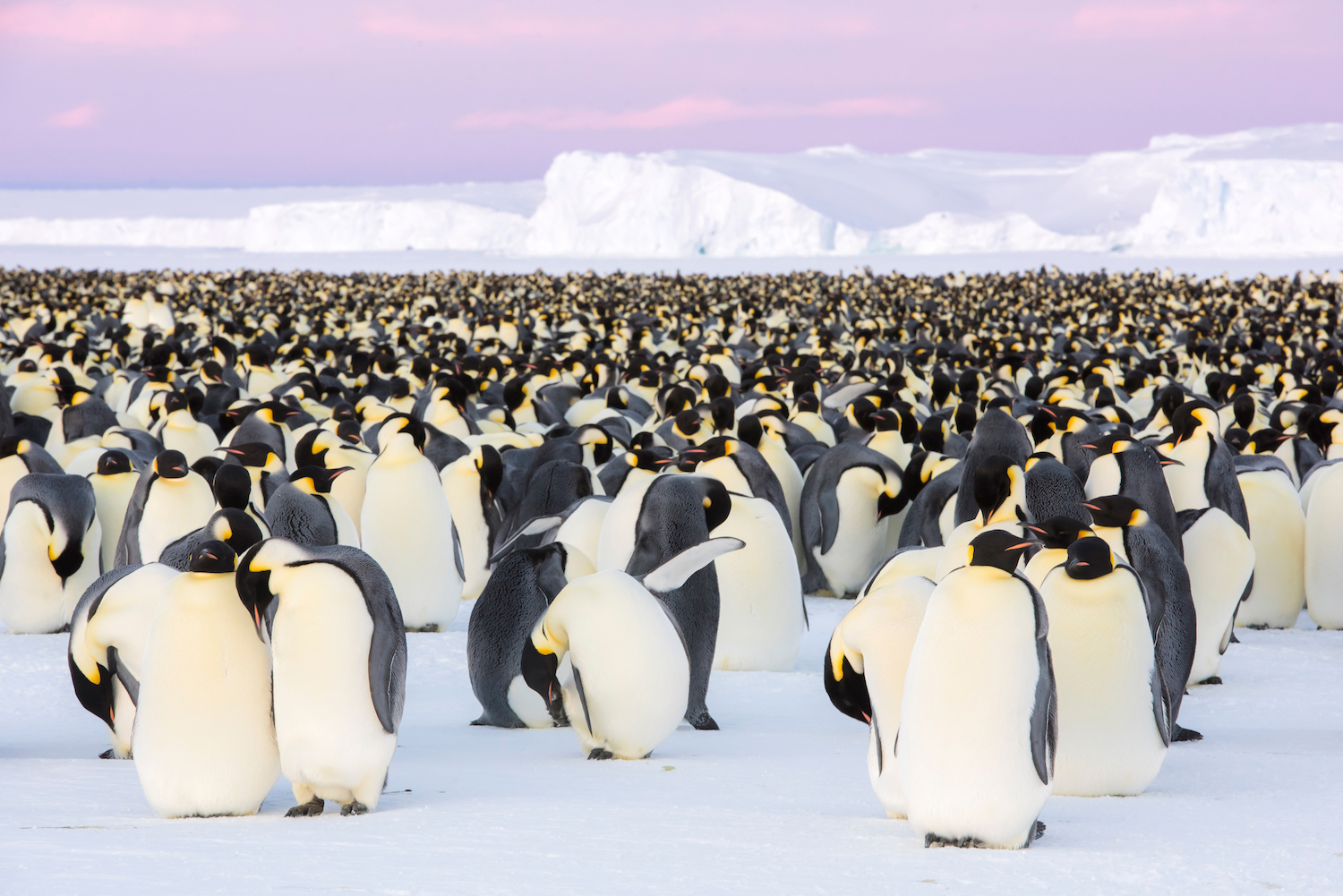
In a gentle, slow dance, emperor penguin couples synchronize their movements to strengthen their bond. The couples have one of the strongest mating pair bonds in nature, which is vital for successfully raising their single offspring in one of the harshest environments on the planet.
A strong bond
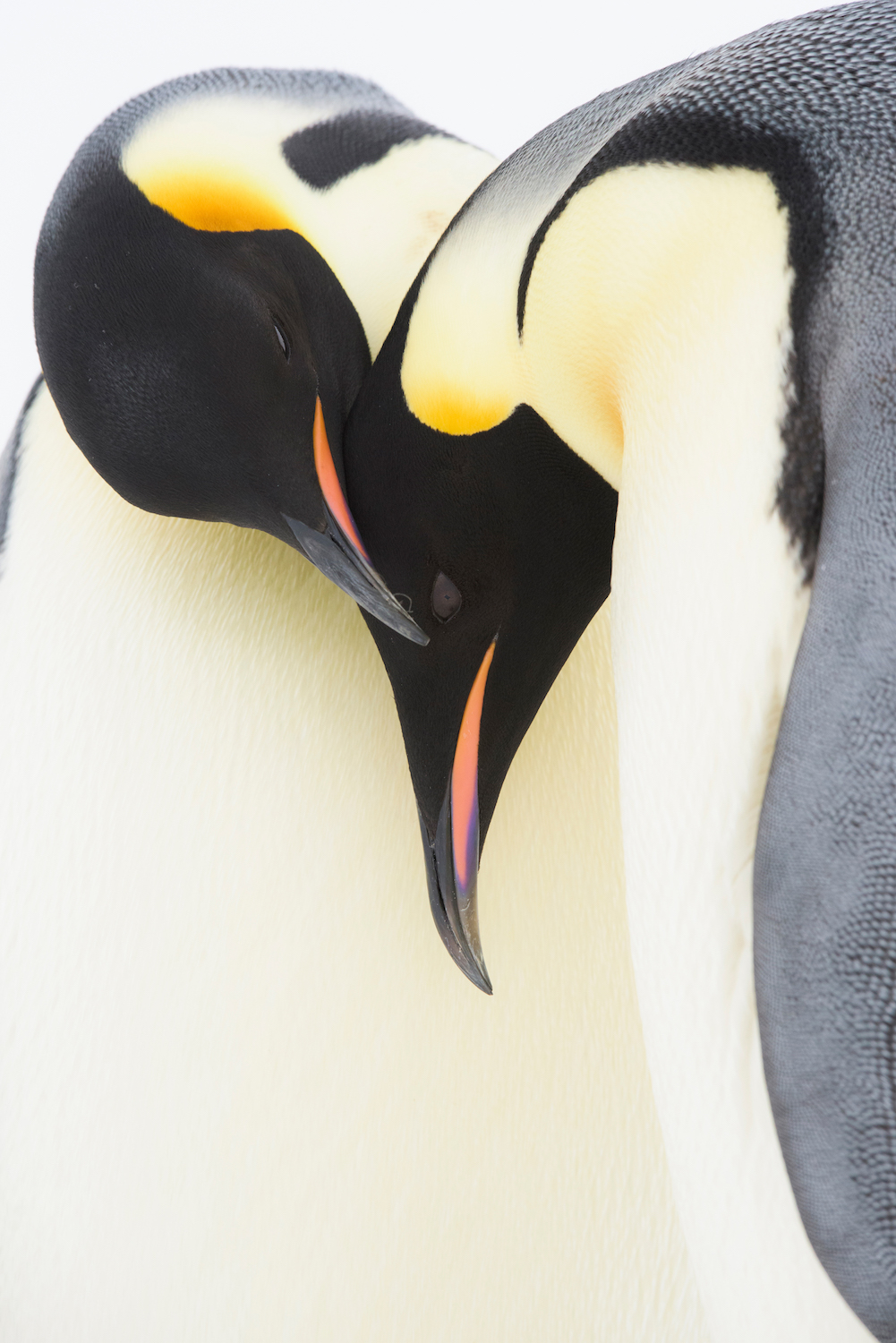
A pair of emperor penguins court one another and form one of the strongest parental bonds in nature. The penguins take only one mate per year and may choose to return to the same mate year after year.
An awkward moment
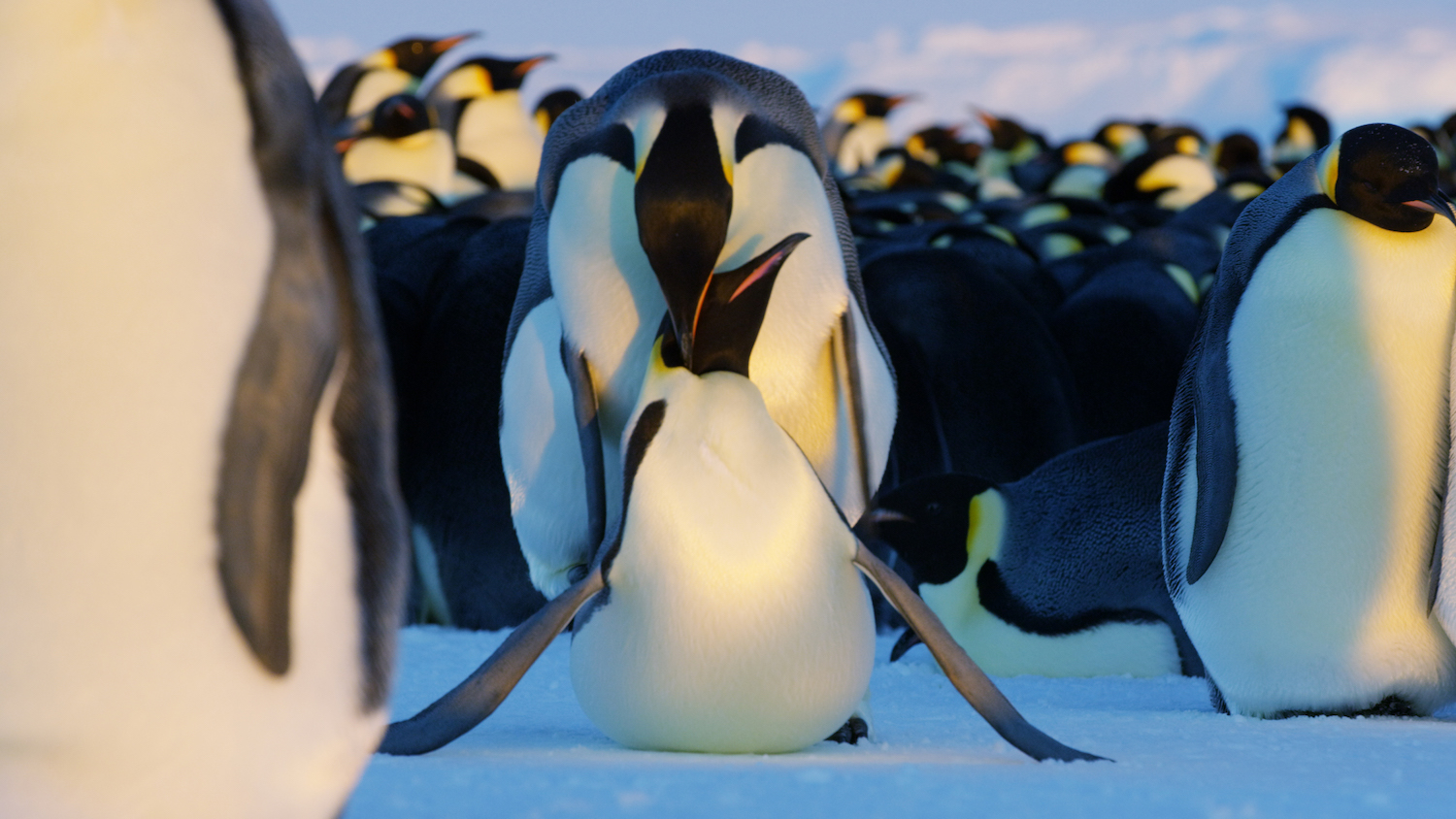
Emperor penguins are perfectly designed for many things, but mating is not one of them. [Animal Sex: How Penguins Do It]
Huddle for warmth
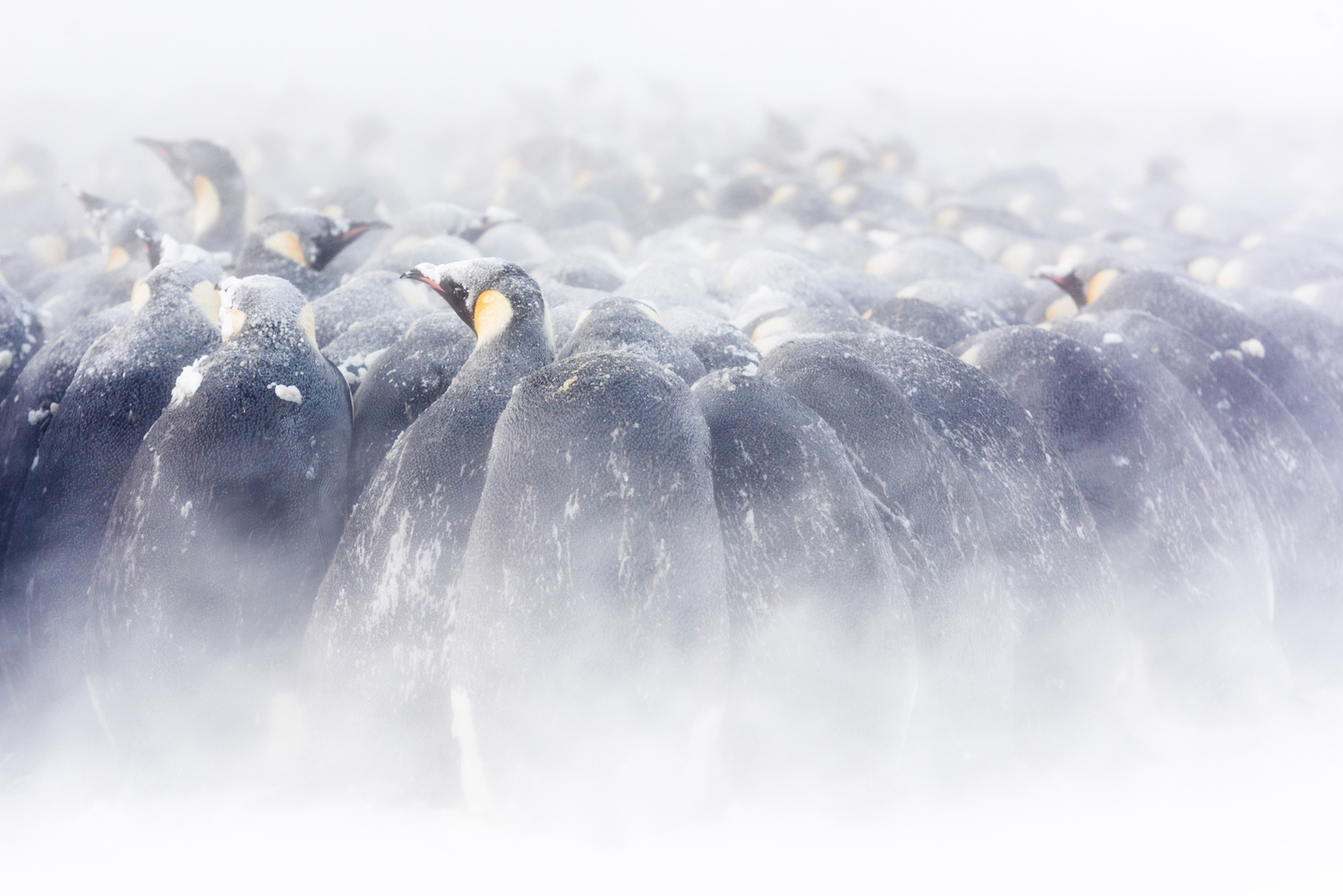
Winter in Antarctica reaches temperatures of minus 47.7 degrees Fahrenheit (minus 44.2 Celsius) with wind speeds of 80 mph or more. Adult emperor penguins join together in a tight huddle for protection from the abusive conditions. Penguins on the outside of the huddle continuously push and shuffle around for a more protected position.
Braving the elements
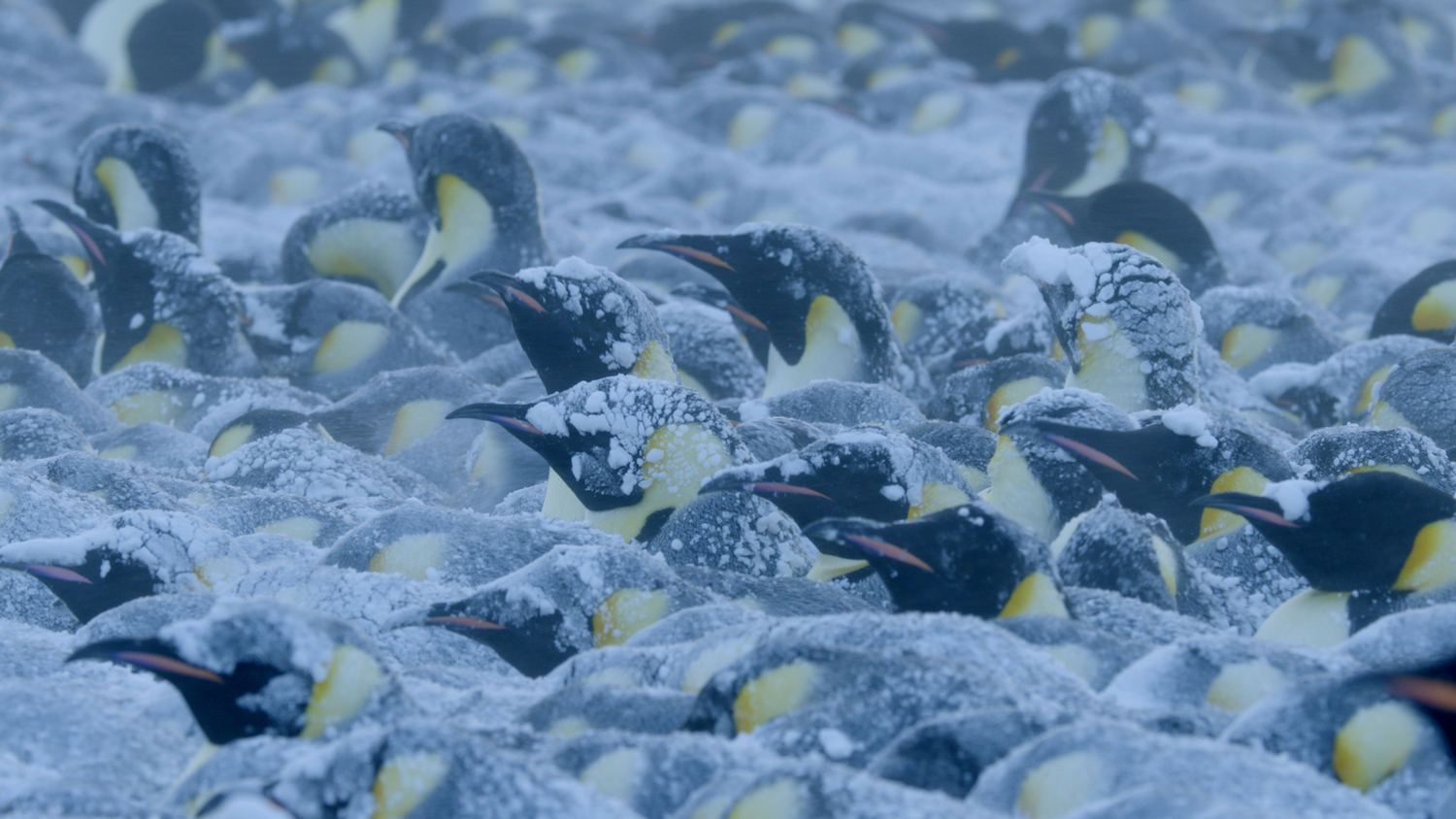
Thousands of papa penguins huddle together for warmth during a severe winter storm. Once the female lays her egg, she leaves the egg with her male partner so she can go fishing. The male is left behind to keep himself and his egg warm and safe for several weeks during the dead of winter. [Read more about how emperor penguin dads keep their eggs from freezing]
A safe peek
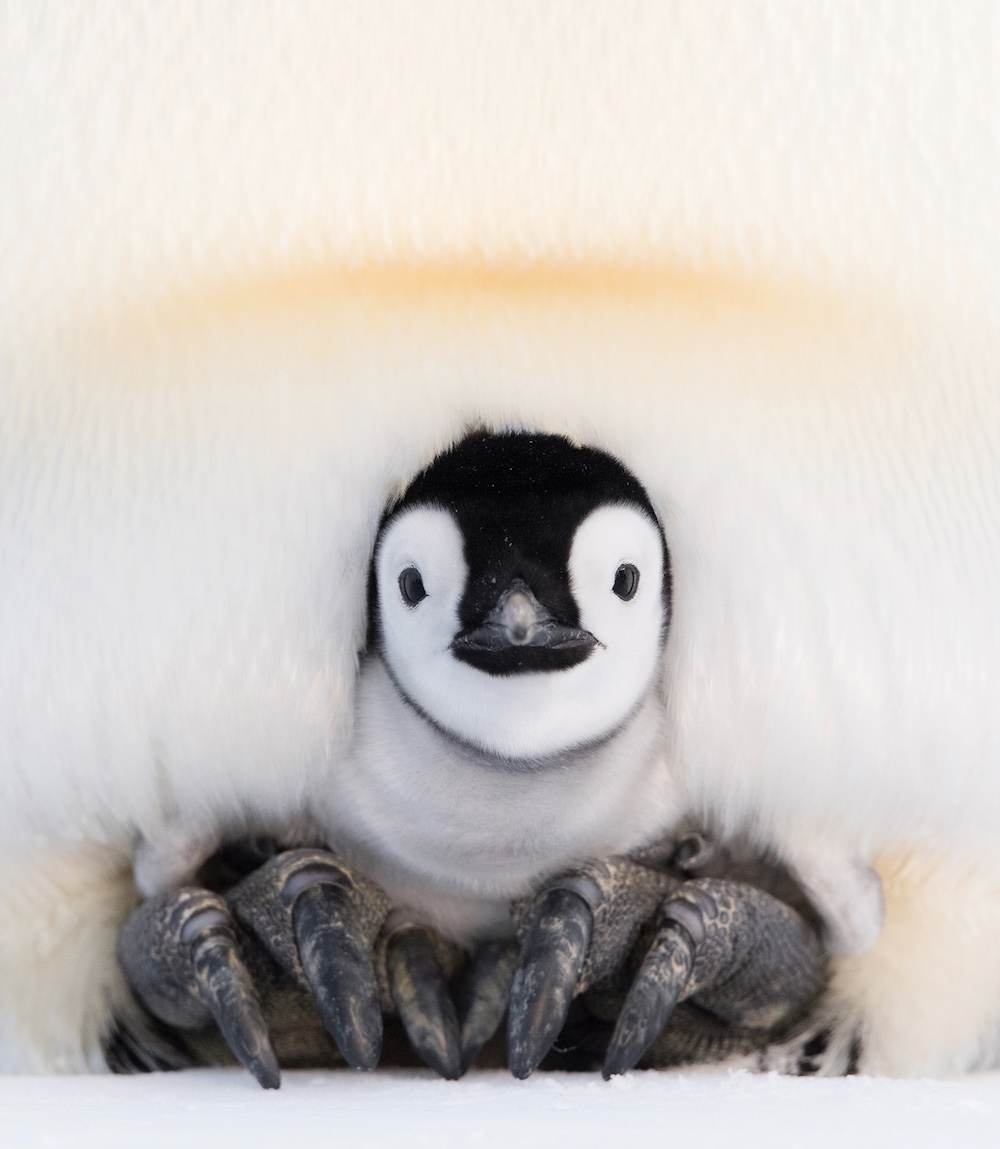
A 2-week-old chick balances on its mother's feet and stays warm in her soft, feathered pouch. For several weeks, the chicks spend all of their time under the warm protection of their parents.
Sign up for the Live Science daily newsletter now
Get the world’s most fascinating discoveries delivered straight to your inbox.
Find a buddy
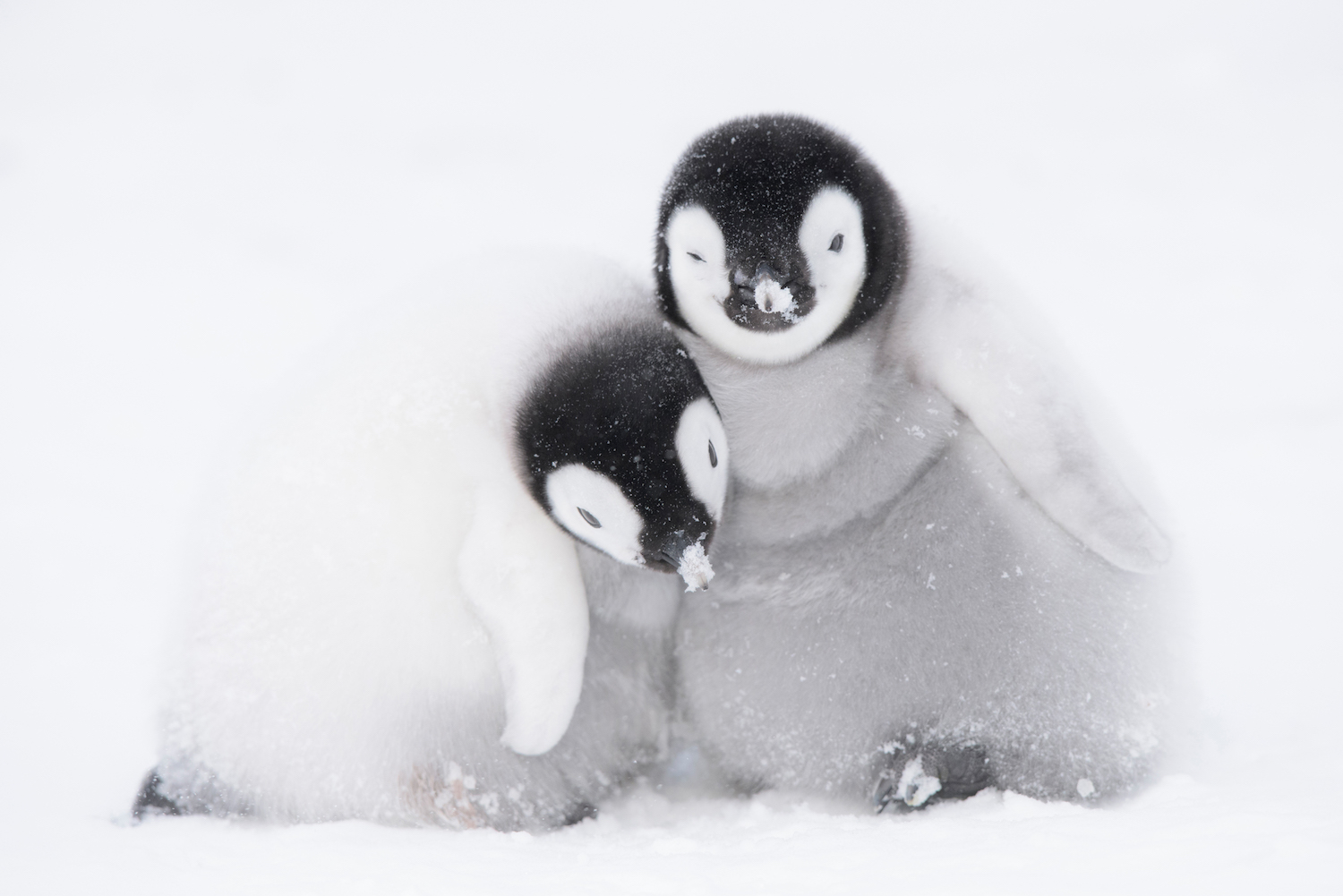
When their parents leave to go fishing, the down-covered chicks take a tip from the adults and stay warm by huddling together. Here, a pair of 6-week-old fuzzballs snuggle up with one another.
Staying undercover
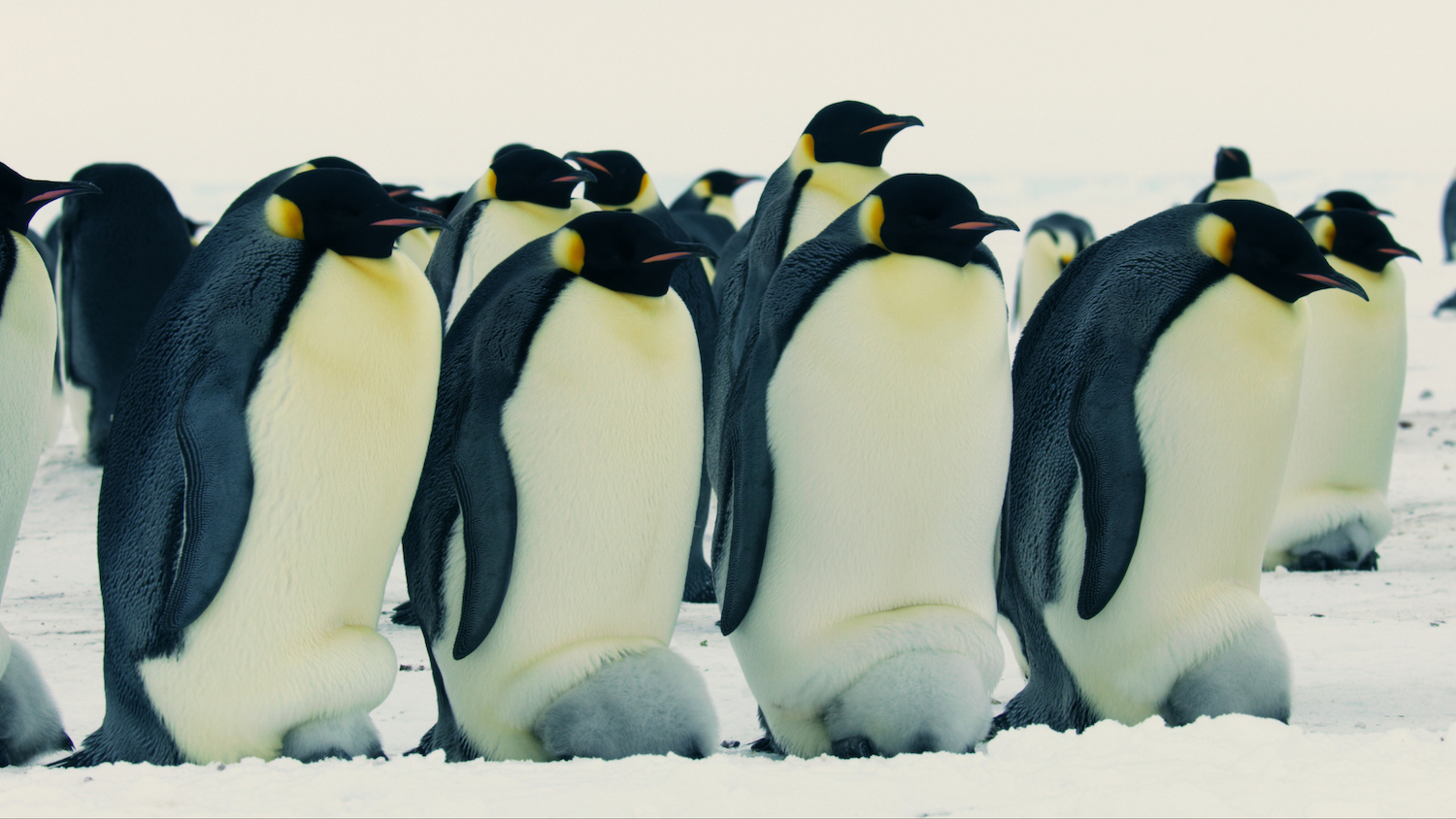
These fluffy 1-month-old chicks are too big to sit on their parents' feet, but the chicks are reluctant to give up their warm and cozy hideaway.
Using their resources
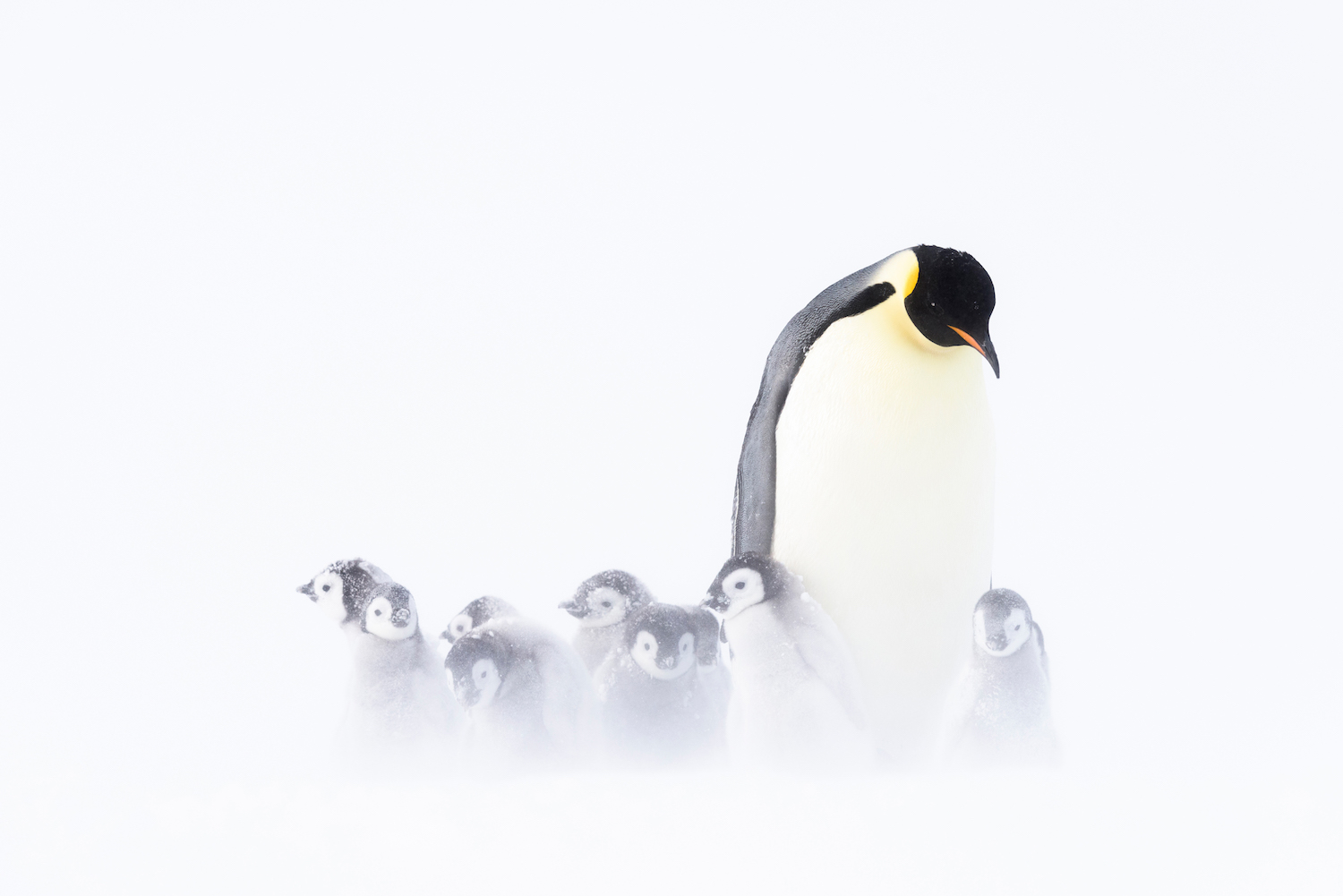
When their parents leave to go fishing, 2-month-old chicks surround an adult penguin much larger than them, to soak up the adult's warmth and use the larger bird as a windbreak.
Clear, colorful skies
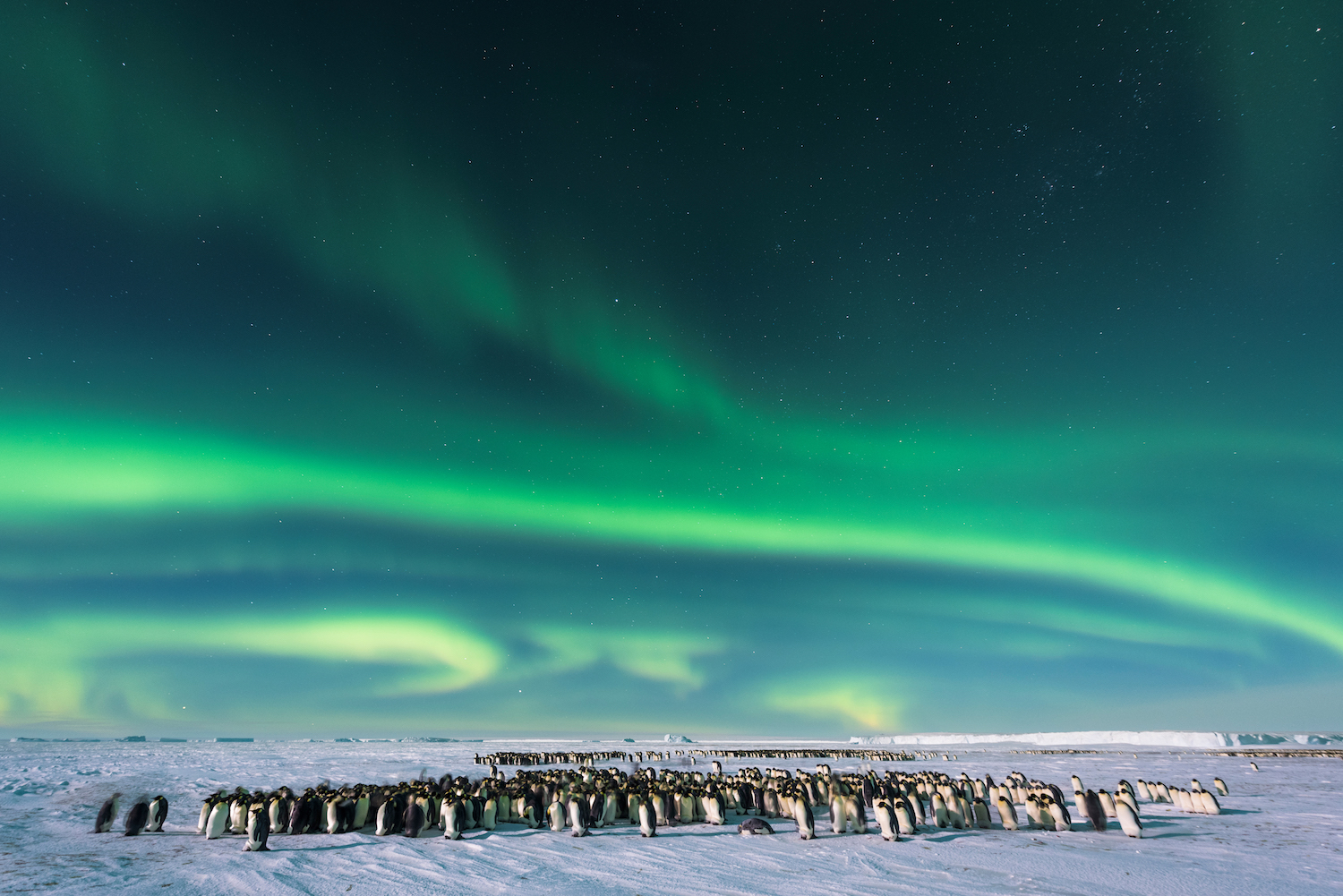
The weather becomes a bit more bearable in the spring. The vibrant colors of the southern lights, the aurora australis, dance above the large colony of emperor penguin families.

Kimberly has a bachelor's degree in marine biology from Texas A&M University, a master's degree in biology from Southeastern Louisiana University and a graduate certificate in science communication from the University of California, Santa Cruz. She is a former reference editor for Live Science and Space.com. Her work has appeared in Inside Science, News from Science, the San Jose Mercury and others. Her favorite stories include those about animals and obscurities. A Texas native, Kim now lives in a California redwood forest.










